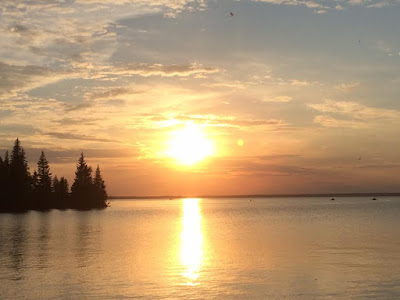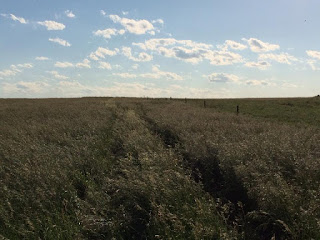Destroyed by Fire Next Time (or Trudeau Approves Pipelines)
This is now, beloved, the second letter I am writing to you; in them I am trying to arouse your sincere intention by reminding you that you should remember the words spoken in the past by the holy prophets, and the commandment of the Lord and Savior spoken through your apostles. First of all you must understand this, that in the last days scoffers will come, scoffing and indulging their own lusts and saying, “Where is the promise of his coming? For ever since our ancestors died, all things continue as they were from the beginning of creation!” They deliberately ignore this fact, that by the word of God heavens existed long ago and an earth was formed out of water and by means of water, through which the world of that time was deluged with water and perished. But by the same word the present heavens and earth have been reserved for fire, being kept until the day of judgment and destruction of the godless. (2 Peter 3:1-7) Remembering, this is the practice that produces a people tha...

